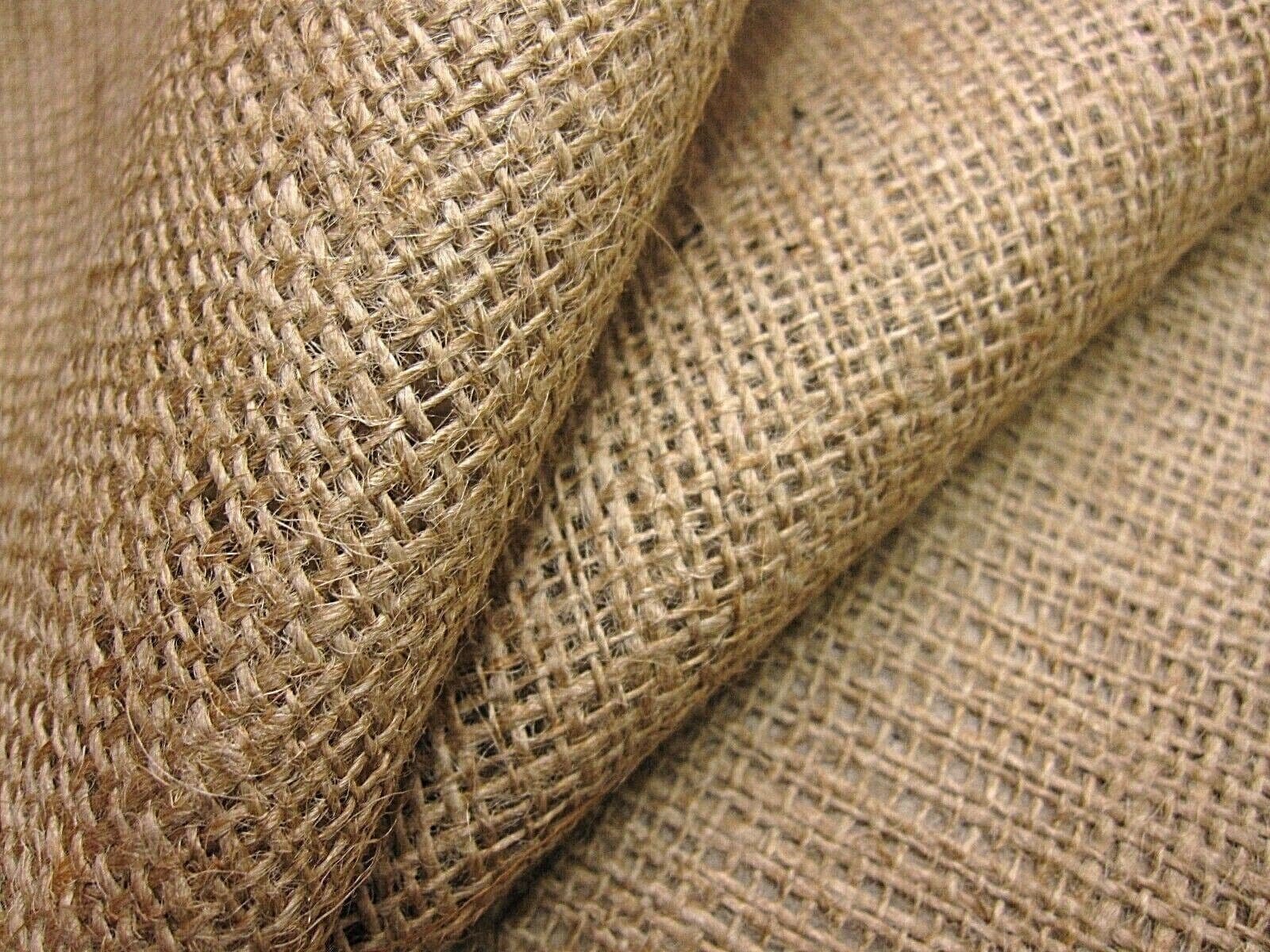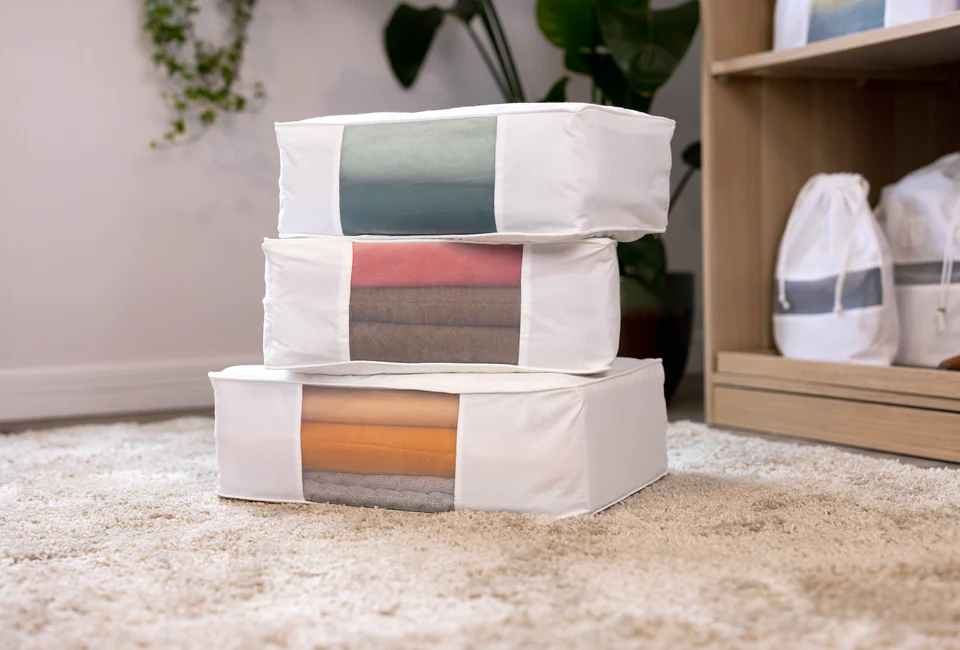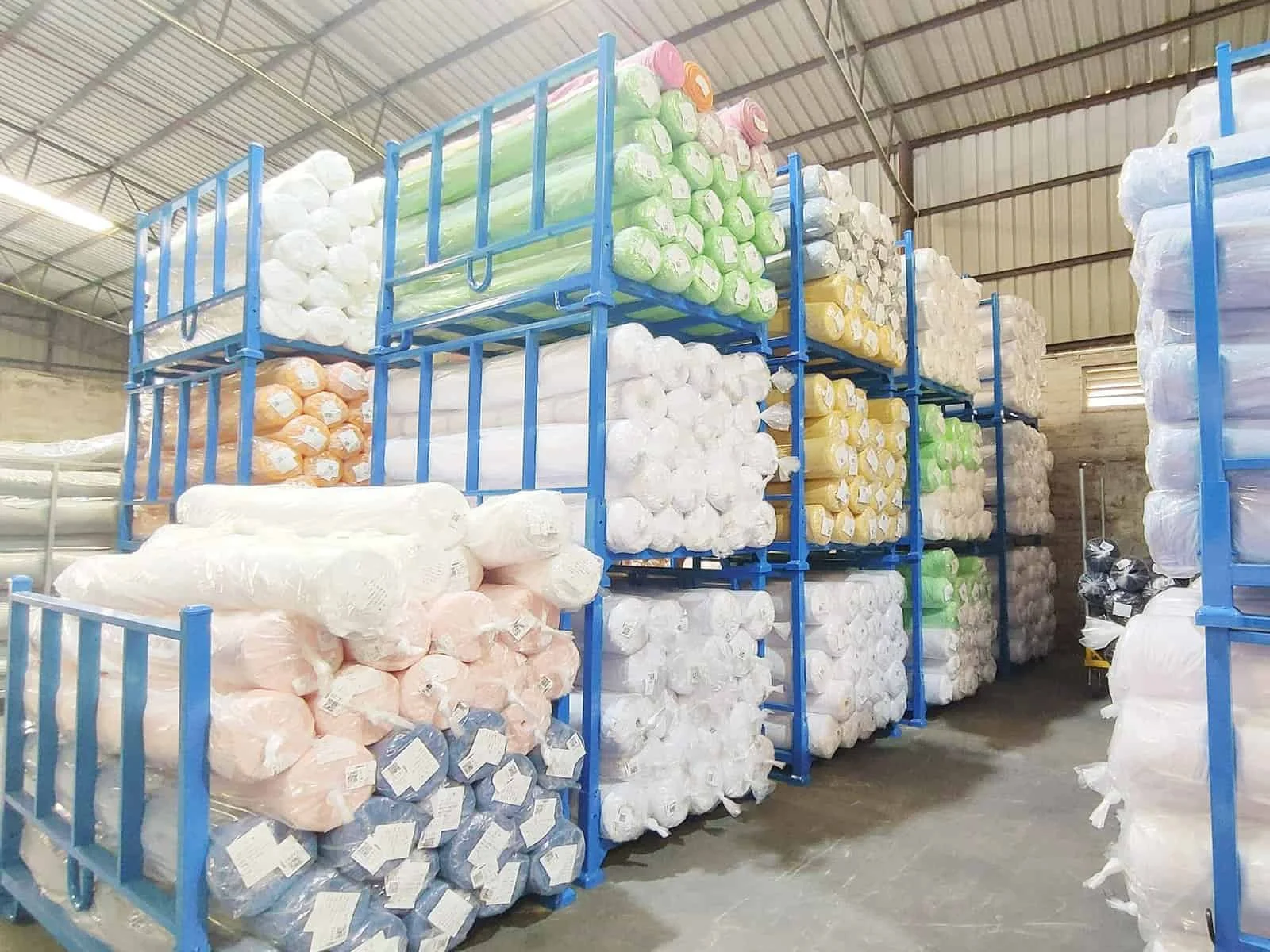Introduction: What Is Nylon Fabric?
If you’ve ever worn activewear, carried a backpack, or used a laundry bag, chances are you’ve already used nylon without realizing it. But what is nylon fabric exactly?
Nylon is a synthetic polymer-based textile first introduced in the 1930s as a substitute for silk. Known for its strength, elasticity, and resistance to wear, it quickly became one of the most widely used fabrics in the world. Today, nylon is found in clothing, accessories, home textiles, and storage and travel products due to its durability and versatility.
The Origin of Nylon Fabric
Nylon was invented in 1935 by Wallace Carothers and his team at DuPont. It was the first fully synthetic fiber made from petrochemicals.
Initially marketed as a cheaper replacement for silk stockings, nylon gained popularity during World War II for military uses such as parachutes, ropes, and tents. After the war, it became a household staple in fashion and home products.
How Nylon Fabric Is Made
Nylon is produced through polymerization, a chemical process that creates long chains of polyamide molecules. These are melted, spun into fibers, and woven or knitted into fabrics.
Key steps:
Chemical reaction of adipic acid and hexamethylenediamine
Melt spinning to form continuous filaments
Drawing and weaving into fabrics with desired strength and texture
Key Properties of Nylon Fabric
High strength: Stronger than many natural fibers
Elasticity: Stretches without losing shape
Lightweight: Easy to wear and carry
Abrasion resistance: Withstands friction and daily use
Moisture resistance: Quick-drying, low absorbency
Smooth texture: Soft to touch, can be glossy or matte
Versatility: Can be woven into sheer fabrics or heavy-duty canvas
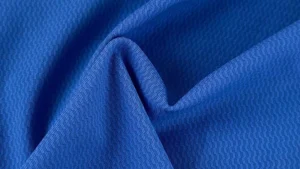
Advantages of Nylon Fabric
Durability – long-lasting and resistant to tearing
Quick-drying – ideal for sportswear and travel products
Elastic and comfortable – adapts well to body movement
Lightweight – doesn’t add bulk to clothing or bags
Easy to dye – available in vibrant colors
Resistant to mildew and insects – safer for storage uses
Disadvantages of Nylon Fabric
Not breathable – can trap heat and moisture
Static-prone – attracts dust and lint
Environmental impact – petroleum-based, not biodegradable
Heat-sensitive – high temperatures can melt fibers
Absorbs odors – may require frequent washing
Common Uses of Nylon Fabric
1. Clothing
Activewear and sports gear
Swimwear and lingerie
Jackets and windbreakers
Hosiery and tights
2. Bags and Travel Accessories
Nylon is a top choice for backpacks, duffel bags, and travel organizers thanks to its durability and lightweight properties.
3. Storage Products
Laundry bags – strong and breathable
Closet organizers – foldable and long-lasting
Under-bed storage bags – moisture-resistant and sturdy

4. Industrial and Outdoor Uses
Parachutes, ropes, and nets
Camping gear (tents, sleeping bags)
Seatbelts and safety equipment
Nylon vs. Other Fabrics
Nylon vs. Polyester – Nylon is stronger and softer, polyester is cheaper and more UV-resistant.
Nylon vs. Cotton – Cotton is breathable and natural, nylon is more durable and quick-drying.
Nylon vs. Silk – Nylon was invented to mimic silk’s smoothness but at a fraction of the cost.
Caring for Nylon Fabric
Wash in cold water with mild detergent
Avoid bleach as it weakens fibers
Air dry or tumble dry on low heat—high heat can damage nylon
Iron at low temperature if needed
Store in breathable bags to avoid mildew in humid conditions
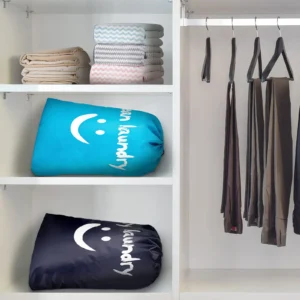
FAQ: What Is Nylon Fabric?
Q: Is nylon fabric waterproof?
Not fully, but it’s water-resistant and dries quickly. Some nylon is coated for waterproofing.
Q: Is nylon eco-friendly?
Traditional nylon is not biodegradable, but recycled nylon (Econyl) is a sustainable alternative.
Q: Is nylon good for storage bags?
Yes, nylon is durable, lightweight, and moisture-resistant, making it ideal for laundry bags and travel organizers.
Q: Does nylon shrink in the wash?
It resists shrinking but can melt under high heat, so always wash in cold or warm water.
Q: Is nylon breathable?
Not as much as cotton, but its moisture-wicking properties make it suitable for sportswear.
Conclusion: Why Nylon Fabric Still Matters
So, what is nylon fabric? It’s a synthetic textile known for its durability, elasticity, and versatility. From fashion to travel gear and home storage products, nylon remains a top choice for anyone seeking strength without added weight.
For practical, everyday solutions, nylon laundry bags, storage boxes, and travel organizers combine resilience with convenience—making your life easier at home and on the go.

